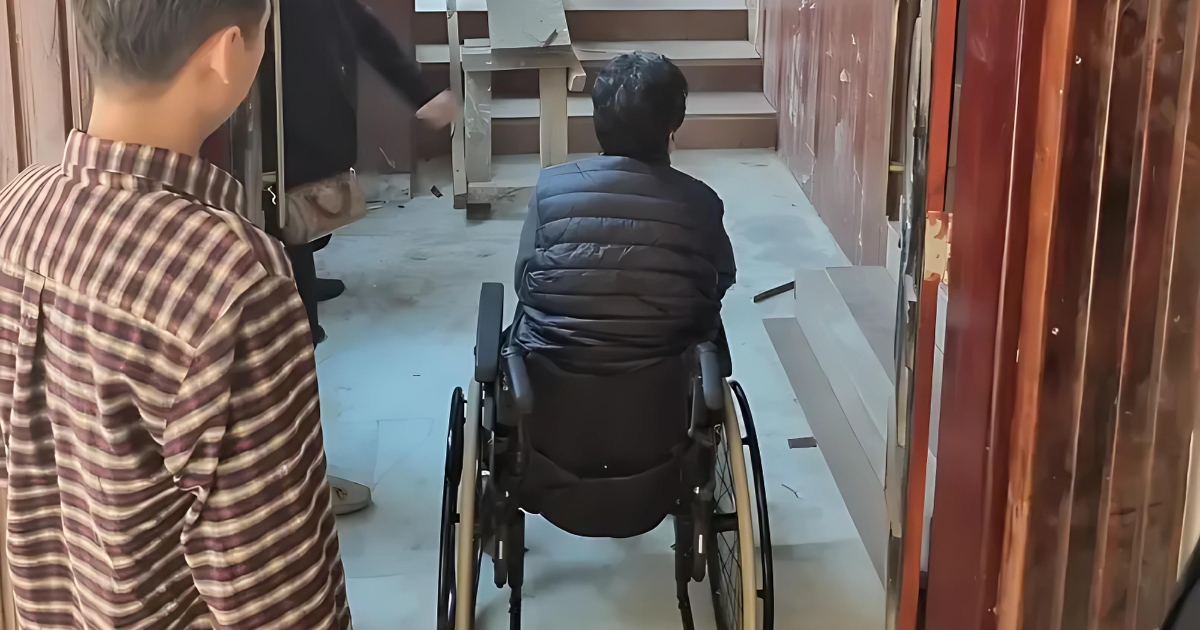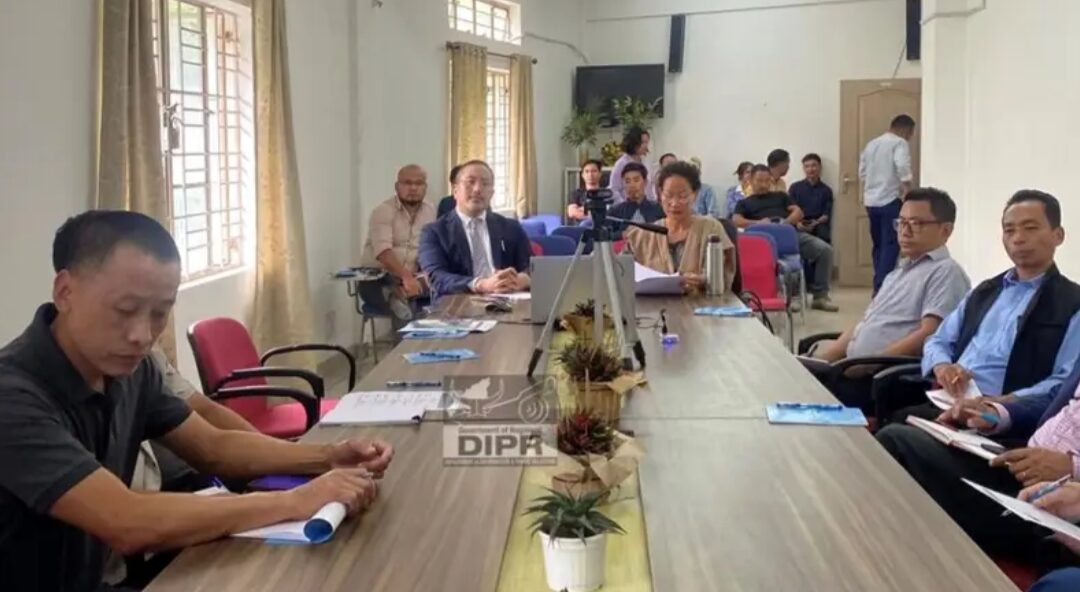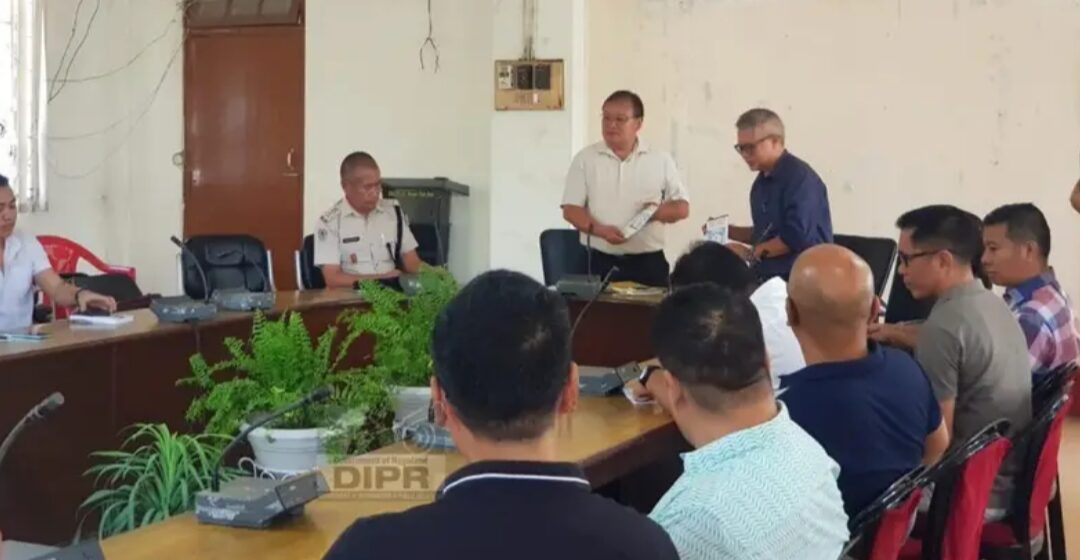In a significant move towards ensuring inclusivity and accessibility, Nagaland’s State Commissioner for Persons with Disabilities (SCPD), Diethono Nakhro, has issued compliance orders to the Nagaland Legislative Assembly Complex and the High Court Complex in Kohima.
The orders come in the wake of accessibility audits conducted on 14 February and 19 March, which revealed several areas of non-compliance with the Harmonised Guidelines and Standards for Universal Accessibility in India, 2021, mandated under the Rights of Persons with Disabilities Act, 2016.
Legislative Assembly Complex Falls Short
The accessibility audit at the Nagaland Legislative Assembly Complex exposed a plethora of shortcomings that hinder the free movement and access for persons with disabilities (PwDs).
The complex lacks reserved parking spaces and drop-off points near the entrance, making it difficult for PwDs to navigate the premises.
The ramps leading to the Assembly Hall were found to be narrow, steep, and without overhead roofs, compromising safety and usability. Moreover, the absence of accessible toilets and lift connectivity to the visitors’/media gallery further compounds the challenges faced by PwDs.
The audit also highlighted the absence of signages, tactile paths for wayfinding, and clearly marked emergency exits, which pose additional hurdles for PwDs. The fixed and immobile seating arrangements in the Assembly Hall, including those designated for members, restrict movement and accessibility, making it difficult for PwDs to participate fully in the proceedings.
Also Read: Proposed Mokokchung airport to enhance connectivity in Northeast
High Court Complex Fails to Meet Standards
The High Court Complex, too, fell short of the required accessibility standards. The main entrance ramps were deemed too narrow and steep, while door thresholds at courtrooms created barriers for PwDs.
Some doors, especially those leading to toilets, were found to be too narrow for wheelchair access. Accessible toilets were only available on the ground floor, with steep ramps hindering access.
The plans for installing lifts in the High Court Complex were also found to be inadequate. The designated spaces for the lifts were too small to meet the required specifications for wheelchair access and other assistive devices. Furthermore, witness stands and podium areas were completely inaccessible, effectively excluding PwDs from participating in court proceedings.
Also Read: Dr. Nshoga boldly confronts Rengma Nagas’ heartbreaking divided existence
SCPD Recommends Remedial Measures
In light of these findings, the SCPD has provided a set of recommendations to address the accessibility issues in both complexes. These include the installation of appropriate ramps, reserved parking spaces, accessible toilets, and proper lift systems that meet the required specifications. The state respondents have been given a three-month timeline to comply with the recommendations and submit an Action Taken Report to the SCPD.
Compliance with these guidelines is not only a legal obligation but also a moral imperative to ensure inclusivity and uphold the rights of PwDs. The necessary modifications will create barrier-free public buildings, promoting equitable access to services and facilities for all citizens, regardless of their abilities.
Also Read: Kohima Village hosts 7th District Open Shooting Competition
Setting a Precedent for Accessibility
The initiative taken by the SCPD in Nagaland serves as a wake-up call for other states and institutions across India. It highlights the ongoing need for vigilance and proactive measures to ensure that accessibility standards are met in all public infrastructure projects.
By setting this precedent, Nagaland is paving the way for a more inclusive and accessible environment, where the rights and dignity of PwDs are respected and upheld.
As the state respondents work towards implementing the recommended changes, it is crucial for society as a whole to recognise the importance of creating an inclusive and barrier-free environment.
Only through collective efforts and a commitment to accessibility can we build a nation that truly embraces diversity and ensures equal opportunities for all its citizens.




